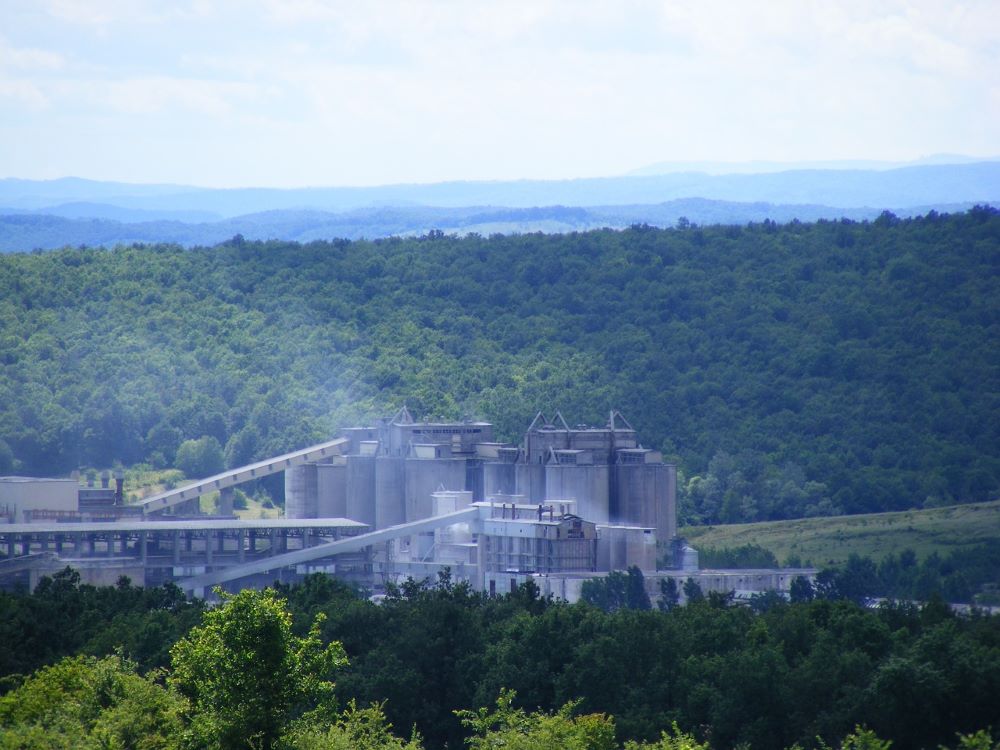Whether it’s the Intergovernmental Panel on Climate Change or the state government in North Rhine-Westphalia: On the road to climate neutrality, it is not only renewable energies that play a decisive role, but also the capture and storage of CO2. The use of this technology was already being discussed for coal-fired power plants in Germany around ten years ago – but met with massive resistance from the population and was therefore abandoned. In industrial processes such as lime or cement production, on the other hand, CO2 cannot be avoided by using renewable electricity, but is a necessary part of the chemical process. A survey by the Wuppertal Institute now shows: If CCS is to be used here, acceptance of the still young technology is surprisingly high among many people. Politicians have the opportunity to make a fresh start.
A clear majority of people who are familiar with CCS have a positive view of its use in industry. This is the key finding of a survey conducted by the Wuppertal Institute among various groups of the population. “We are experiencing a surprising change of opinion here, especially among people who have already dealt with the topic,” says Katja Witte, Director of Studies and Acting Head of the Future Energy and Industrial Systems Department at the Wuppertal Institute. “The use of CCS in industry is also assessed differently by experts, for example from environmental associations, than CCS for gas and coal-fired power plants.”
Experts call the separation of carbon dioxide from the exhaust gases of industrial processes and the subsequent storage of the concentrated CO2 in old gas or oil reservoirs, for example, “industrial carbon capture and storage” (iCCS). Bodies such as the Intergovernmental Panel on Climate Change believe that, in addition to saving energy, increasing energy efficiency and expanding renewable energies, it will be necessary to achieve the climate protection targets agreed in the Paris Agreement. The state government of North Rhine-Westphalia (NRW) also sees the technology as an important and necessary building block for the transition to a climate-neutral industry by 2045. Against this background, the Wuppertal Institute has conducted two acceptance studies. Experts from trade unions, environmental and industry associations and companies as well as citizens in NRW were surveyed.
People who are already familiar with iCCS rate the technology positively at 59 percent. Only twelve percent take a negative stance. The more climate change is perceived as a personal threat, the more positive the assessment.
The public is still largely uninformed
However, the studies also show that 63 percent of citizens still know “nothing” about technology. And even those who have already dealt with the issue see “high risks” in some cases, for example when transporting CO2 by truck and ship. Representatives of environmental associations in particular still seem to be concerned that CCS will be reintroduced “through the back door”, so to speak, for CO2 capture at fossil fuel power plants. It is therefore important to them that the technology is clearly only used for industry. “It is necessary to inform citizens about the use of CCS in industry and to proactively involve them,” adds Katja Witte. Especially as the surveys show that trust is weakest in industry and politics.
The Wuppertal Institute therefore recommends in its current In Brief “Acceptance of industrial CCS in North Rhine-Westphalia – Recommendations for policy-makers and industry” that:
– local concerns are taken seriously and addressed in specific CCS projects in the industry,
– attitudes towards iCCS continue to be surveyed on an ongoing basis and
– the areas of application of iCCS should be clearly limited in order to create trust in the technology.
“Politicians can now use this window of opportunity to engage in a transparent and comprehensive exchange with citizens to plan the next steps for the implementation of iCCS,” Witte is convinced.
Picture above: Industries such as cement production can hardly achieve the targeted CO2 values without carbon capture. Photo: Pixabay/byrev

